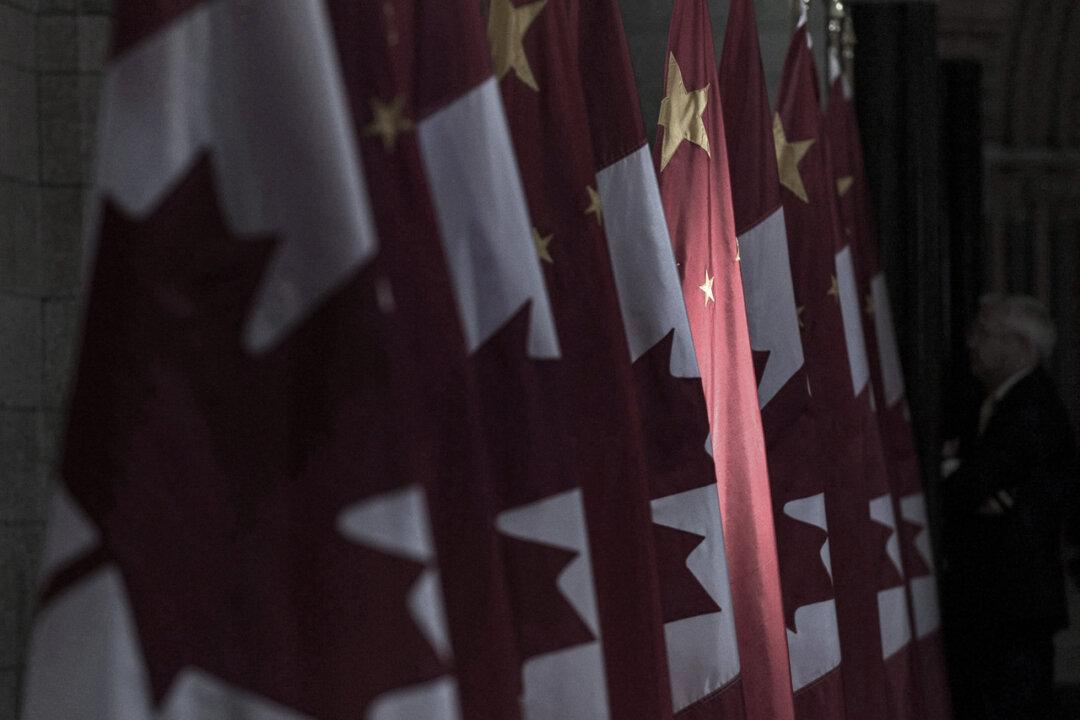The federal government has not adequately addressed transnational repression by China, Russia, Iran, and other actors targeting those who seek refuge in Canada, according to a human rights report.
Failing to do so puts Canada in violation of both its domestic law and its international obligations said the report, released this month by Secure Canada and Human Rights Action Group.





